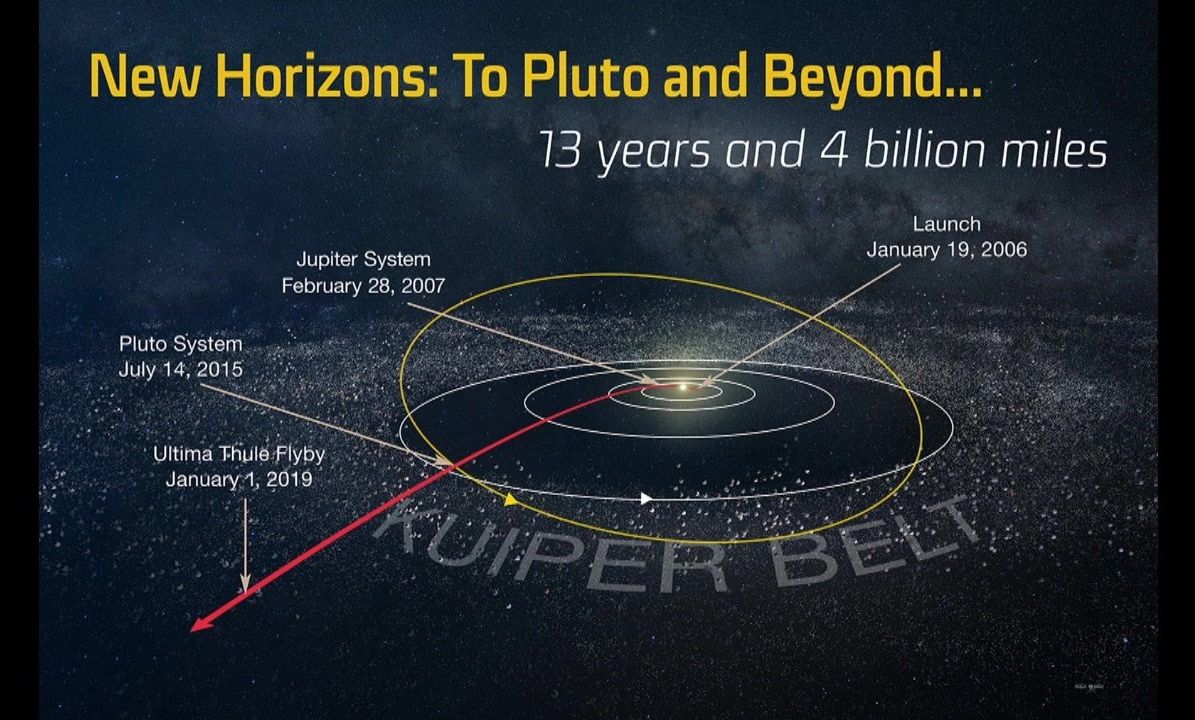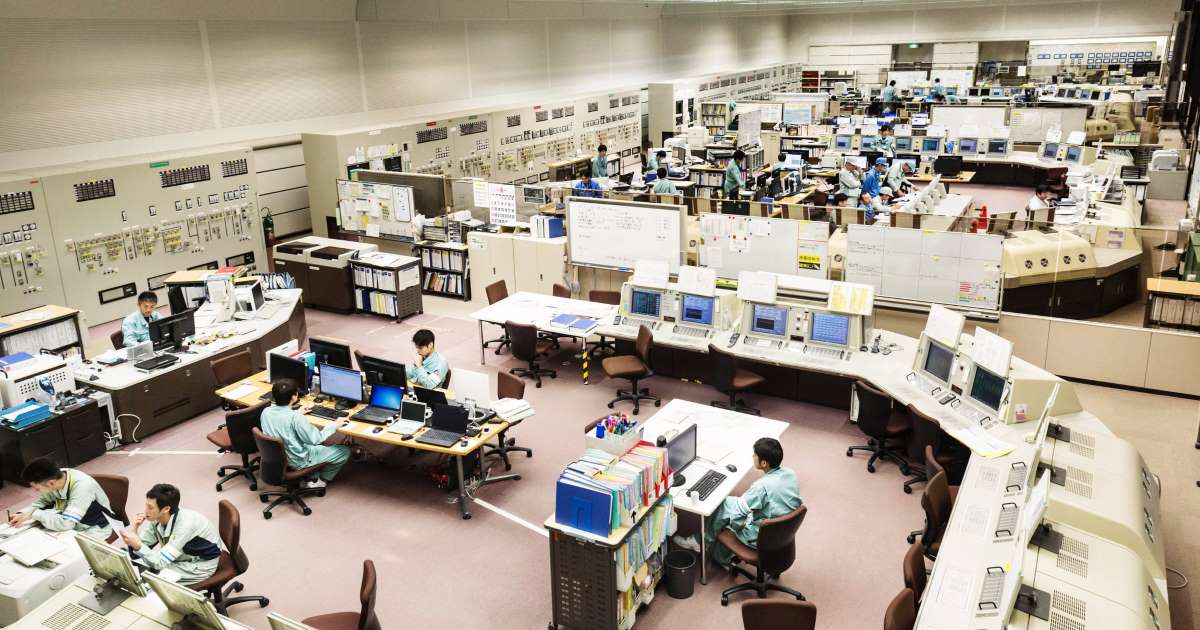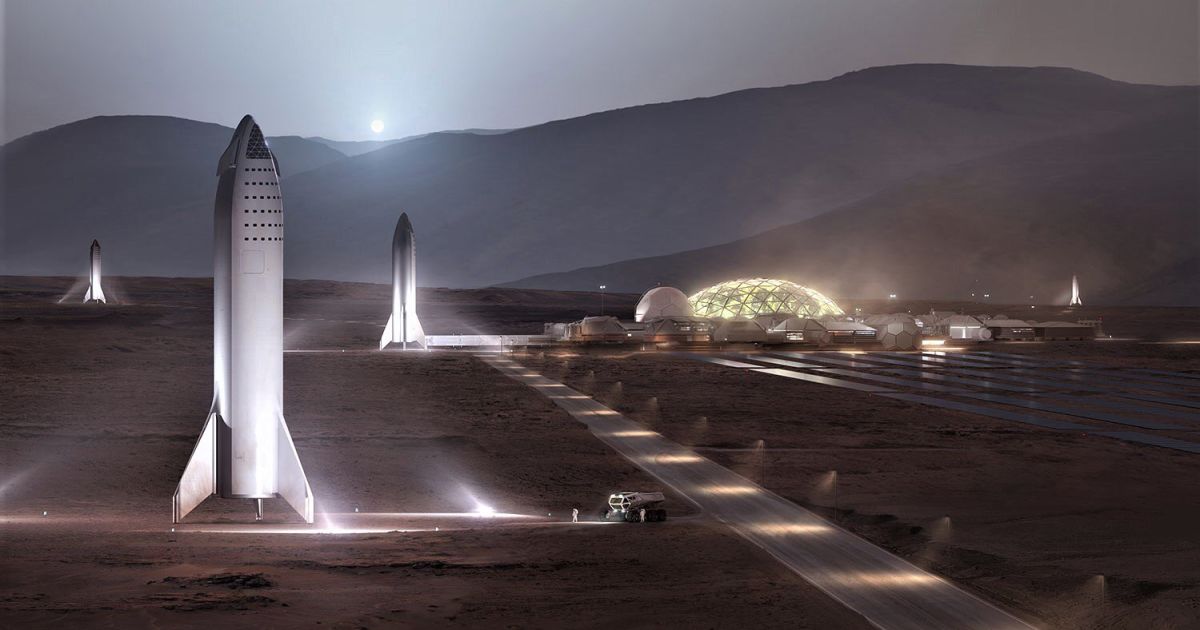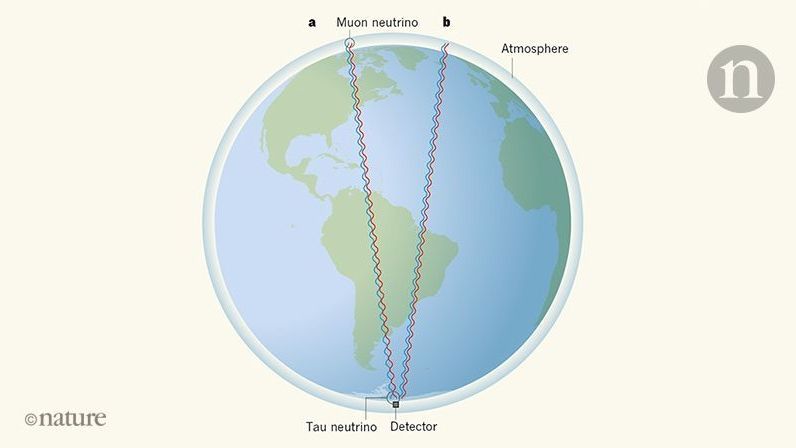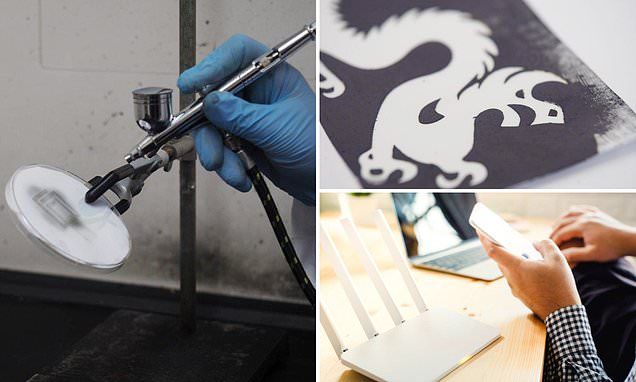Experience the freedom to explore.
DONATE TO CAMPAIGN ► https://goo.gl/kfGdnh
Original Video ► https://goo.gl/YrjnLa
Website ► https://www.lifespan.io/
“Conquering the negative effects of aging is one of the oldest dreams of humanity, and now through the steady progress of science, we are poised to fulfill that dream.
Whether this occurs in 20 years or 200 is largely a question of funding. The best way to accelerate this process is by mobilizing those who desire the option of a longer and healthier life into a cohesive social force — crowdfunding relevant research and advocating for its benefits to society.
On lifespan.io researchers post projects related to longevity or age related disease, and receive funds from contributors to fulfill their goals. Contributors, in turn, are able to exercise agency in the development of potentially life changing research, as well as receiving rewards specified by the project creators.” “Keith Comito is a computer programmer and mathematician whose work brings together a variety of disciplines to provoke thought and promote social change. He has created video games, bioinformatics programs, musical applications, and biotechnology projects featured in Forbes and NPR. In addition to developing high-profile mobile applications, he explores the intersection of technology and biology at the Brooklyn community lab Genspace, where he helped to create games which allow players to direct the motion of microscopic organisms. He earned a B.S. in Mathematics, B.S. in Computer science, and M.S. in Applied Mathematics at Hofstra University, where his work included analysis of the LMNA protein.”
——–
ICESat-2 Launch Coverage
Posted in space
Join us at 1 p.m. EDT on Wednesday, Sept. 19, as our experts discuss humanity’s farthest planetary flyby that is coming up on Jan. 1, 2019 of the mysterious object nicknamed “Ultima Thule”. The encounter will occur approximately 4 billion miles from Earth complementing the discoveries still coming from the mission’s epic July 2015 flight through the Pluto system.
A new fascinating feature is out by The Guardian magazine (via writer Richard Godwin) on the future of the human body. Six of us are interviewed and/or wrote about our take on the future. Fun reading! My mini-essay is in this: https://www.theguardian.com/…/regular-body-upgrades-what-wi… #transhumanism
Mechanical exoskeletons, bionic limbs, uploadable brains: six experts’ visions of 2118.
SpaceX chief Elon Musk has tweeted two photos that give us a peek into the company’s Martian dreams. One of the images shows the BFR, the massive rocket SpaceX is developing for deep space missions, while the other shows the BFR and what he called “Mars Base Alpha.” It’s no secret that the private space corporation wants to build a human settlement on the red planet. Back in 2017, it announced its plans to launch two BFR cargo missions to Mars by 2022 to prepare for the arrival of the first Martian settlers by 2024. Before any of that can happen, though, SpaceX has to be able to start testing its BFR system in the first half of 2019.
Special relativity validated
Posted in energy
Researchers from Drexel University’s College of Engineering invented a material called MXene, that they say perform as well as those currently used in mobile devices.
MXene titanium carbide can be dissolved in water to create an ink or paint and the exceptional conductivity of the material enables it to transmit and direct radio waves, even when it’s applied in a very thin coating.
It would allow antennas to easily applied to wide variety of objects and surfaces without adding additional weight or circuitry or requiring a certain level of rigidity.



